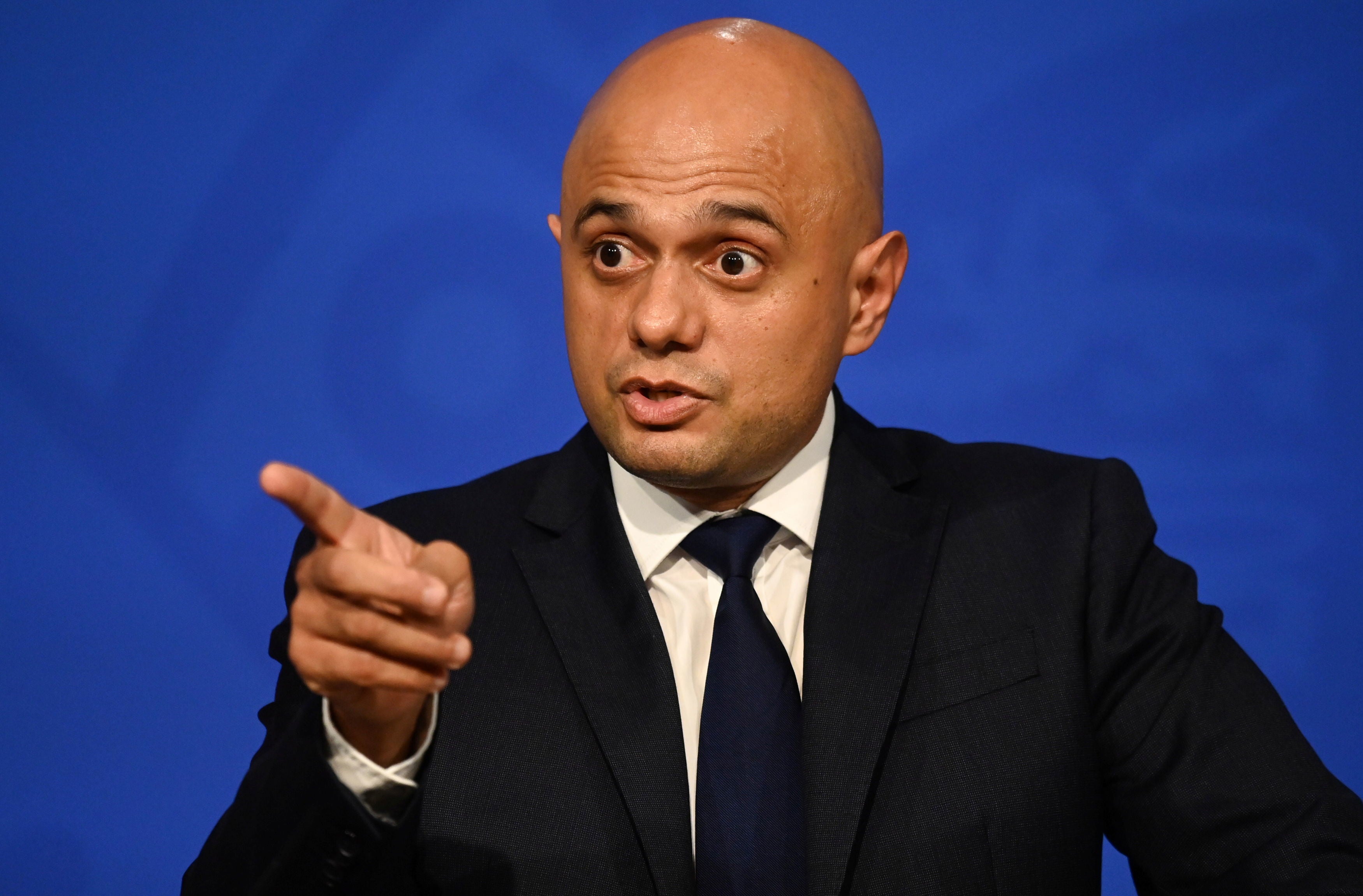Health secretary condemns life-threatening attacks on GPs amid rollout of panic buttons
‘I will never ever tolerate any kind of abuse of any healthcare staff of any kind.’

GPs have endured “horrific” and life threatening attacks from members of the public, health secretarySajid Javid has told MPs.
In his first appearance before the Commons health committee, Mr Javid said: “I will never ever tolerate any kind of abuse of any healthcare staff of any kind.”
He added: “We’ve seen horrific abuse of GPs. I won’t mention the practice, but we’ve seen serious injuries and someone could’ve lost their lives in terms of the attacks we’ve seen.”
His comments on Tuesday follow increasing criticism of GPs and frustration among members of the public over difficulties getting appointments. This is despite almost more than two thirds of same day appointments being face to face but delivered by fewer GPs with increasing patient demand.
Last week NHS England promised £5 million in funding for practices to help improve security measures, including to use on panic buttons.
Earlier this year, The Independent reported GPs in London had received a “torrent” of abuse from patients. Staff at one practice received hate mail threatening workers over their role in the Covid vaccination rollout.
When asked by former health secretary and committee chair Jeremy Hunt if the government would set targets for GPs on the percentage of face to face appointments, Mr Javid said there wouldn’t be any targets.
But he said patients should have the opportunity to choose a face to face appointments if they wanted it and confirmed the NHS would publish data on the percentage of face to face appointments carried out by each GP practice.
The health secretary also acknowledged a large number of patients were going to A&E as they could not be seen by GPs, following concerns from the Royal College of Emergency Medicine.
However he admitted the government was not on track to hit a major target to increase the number of GPs working in the NHS by 6,000 by 2024-25.
He also revealed the government would publish a plan this month to eliminate the elective care backlog. He said it would include plans for the numbers of nurses and doctors that would be needed to clear the backlog and how the NHS can “maximise” its use of the private sector.
Waiting times would “rise before they get better” he said, although more people would be seen by the NHS in coming months and years following increased funding by the Treasury.
In his autumn budget last week, Chancellor Rishi Sunak pledged an extra £5.9bn to the NHS to address elective care backlogs in addition to £12bn announced in September.
Overall the NHS England budget will rise by 3.8 per cent a year, in real terms.
Mr Hunt pressed Mr Javid for details on how many doctors, nurses and other staff would be needed to tackle the NHS’ elective care backlog. However, he did not give any details and said his department had “internal estimates” which required “fine tuning”.
Mr Hunt said: “The concern that a lot of people have is that there is absolutely no detail in terms of the extra doctors and nurses that you think are going to be necessary.” The former health secretary added this was worrying because the lack of clarity meant ministers could not be held to account.”
Saffron Cordery, deputy chief executive for NHS Providers, which represents NHS trusts, later said: “MPs were right to press the health secretary over the critical workforce challenges facing the health service. Workforce shortages, and the resulting unsustainable workload on existing NHS staff, are currently the health service’s biggest problem.
“We need a robust long-term workforce plan and increased longer term investment in workforce expansion, education and training. In order to be meaningful, this plan must be focused on the numbers needed in the workforce, not only to address existing gaps, but to build more capacity into the system.”
In July, Health Education England were asked by the Department for Health and Social Care to create a long term workforce plan. Mr Javid told MPs the plan would have a 15 year view and aim to be published by spring 2022.
Join our commenting forum
Join thought-provoking conversations, follow other Independent readers and see their replies
Comments
Bookmark popover
Removed from bookmarks